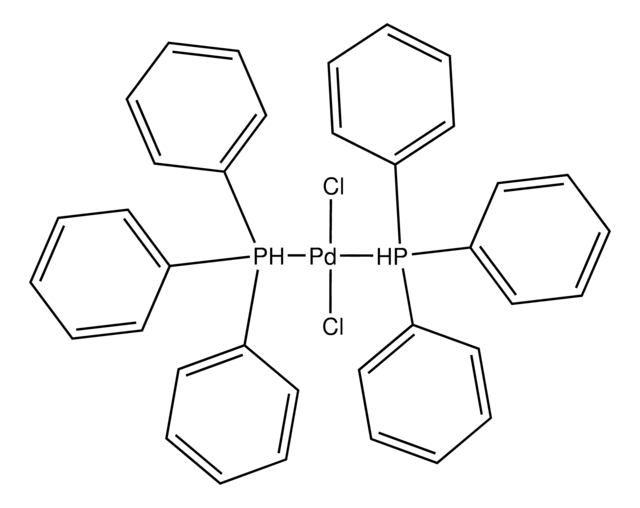300306
Méthylcyclohexane
anhydrous, ≥99%
Synonyme(s) :
Hexahydrotoluene
About This Item
Produits recommandés
Qualité
anhydrous
Niveau de qualité
Densité de vapeur
3.4 (vs air)
Pression de vapeur
37 mmHg ( 20 °C)
83.2 mmHg ( 37.7 °C)
Pureté
≥99%
Forme
liquid
Température d'inflammation spontanée
545 °F
Limite d'explosivité
6.7 %
Impuretés
<0.002% water
<0.005% water (100 mL pkg)
Résidus d'évap.
<0.0005%
Indice de réfraction
n20/D 1.422 (lit.)
Point d'ébullition
101 °C (lit.)
Pf
−126 °C (lit.)
Densité
0.77 g/mL at 25 °C (lit.)
Chaîne SMILES
CC1CCCCC1
InChI
1S/C7H14/c1-7-5-3-2-4-6-7/h7H,2-6H2,1H3
Clé InChI
UAEPNZWRGJTJPN-UHFFFAOYSA-N
Vous recherchez des produits similaires ? Visite Guide de comparaison des produits
Application
Conditionnement
Mention d'avertissement
Danger
Mentions de danger
Conseils de prudence
Classification des risques
Aquatic Acute 1 - Aquatic Chronic 1 - Asp. Tox. 1 - Flam. Liq. 2 - Skin Irrit. 2 - STOT SE 3
Organes cibles
Central nervous system
Code de la classe de stockage
3 - Flammable liquids
Classe de danger pour l'eau (WGK)
WGK 2
Point d'éclair (°F)
24.8 °F - closed cup
Point d'éclair (°C)
-4.0 °C - closed cup
Équipement de protection individuelle
Eyeshields, Faceshields, Gloves, type ABEK (EN14387) respirator filter
Faites votre choix parmi les versions les plus récentes :
Déjà en possession de ce produit ?
Retrouvez la documentation relative aux produits que vous avez récemment achetés dans la Bibliothèque de documents.
Les clients ont également consulté
Notre équipe de scientifiques dispose d'une expérience dans tous les secteurs de la recherche, notamment en sciences de la vie, science des matériaux, synthèse chimique, chromatographie, analyse et dans de nombreux autres domaines..
Contacter notre Service technique


![[1,1′-bis(diphénylphosphino)ferrocène]dichloropalladium(II)](/deepweb/assets/sigmaaldrich/product/structures/130/734/8846aa26-1858-458a-998d-8c306c13bf0f/640/8846aa26-1858-458a-998d-8c306c13bf0f.png)












